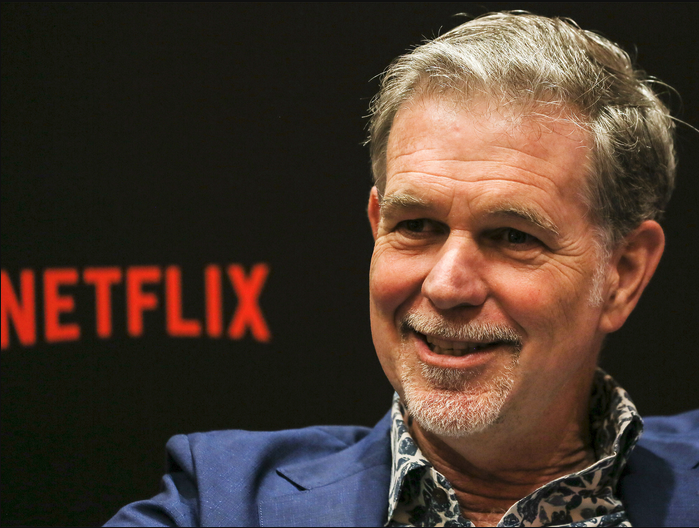A leadership style refers to how a leader provides guidance to and motivates their employees. Every leader has their own personality and distinct leadership style, but most leadership styles can be divided into a few general types.
We’ll go over the merits and demerits of a few leadership styles, and look at when each style is most effective.
Authoritarian Leadership: Self-motivated, Organized, Values Hierarchy & Order
Authoritarian leaders take on important decisions without employee input. This type of leadership requires leaders with substantial experience and a strong sense of company direction.
· Merits/Demerits:
With a clear top-down structure and strict guidelines, work under this type of leadership is less prone to errors/mistakes. However, due to a limited space for individuality, teams under authoritarian leaders tend to collaborate less and have overall lower employee satisfaction.
· When is authoritarian leadership effective?
This type of leadership is effective for teams with limited experience that need strict supervision, or work that requires strong security management.

Participative Leadership: Collaborative, Flexible, Values Team & Diversity
Participative leaders emphasize teamwork and collaboration. Unlike authoritarian leaders, participative leaders take input from employees before making final decisions.
· Merits/Demerits:
With employees involved in the decision making process, employees under this type of leadership have a greater sense of responsibility and feel more valued by the company. However, by taking employees’ ideas into consideration, decisions may take longer to be finalized.
· When is participative leadership effective?
Participative leadership is best in situations that require planned strategy where leaders can gather diverse and creative ideas from their team.
Example: Cynt marshall@Dallas Mavericks, Fabien Pinckaers@Odoo

Laissez-faire Leadership: Delegator, Observer, Values Freedom & Trust
Laissez-faire leaders allow employees to tackle their work freely, without guidelines or supervision and only take control when the situation requires it.
· Merits/Demerits:
“Letting employees be” can give employees a higher sense of responsibility and independence. On the other hand, this style of leadership may be too hands-off for newcomers, and it can be unclear who is accountable in certain situations.
· When is laissez-faire leadership effective?
This type of leadership is most effective for small teams of experienced individuals that require little supervision.
Example: Whitney Wolfe@Bumble, Christian Yan@Nanoleaf


Transactional Leadership: Practical, Micromanager, Values Structure & Status-quo
Transactional leaders focus on organizational structure and performance. These leaders view relationships between leaders and employees as transactions, and motivate employees by following a clear reward and punishment system.
· Merits/Demerits:
These leaders are focused on results above all. With clearly-defined roles and a fixed structure, results can be delivered fast but in the process out-of-the-box thinking and creativity may be disregarded. Employees can also feel motivated through monetary or other rewards in the short-term, however, long-term growth may be stunted.
· When is transactional leadership effective?
With larger companies that have an established structure and require time conscious-work, transactional leadership can be effective.
Example: Elon Musk, Wilmot Reed Hastings@Netflix


Transformational Leadership: Charismatic, Passionate, Values Creativity & Culture
Transformational leaders serve as a role model for their employees and have the ability to inspire and bring together employees to work towards a mutual mission.
· Merits/Demerits:
This type of leadership values working towards overarching goals, and mutual respect within the organization. They are focused on each employee’s growth which can lead to boosts in creativity and overall employee satisfaction. However, in some situations such as newcomer teams, more guidance and control may be needed to move projects forward.
· When is transformational leadership effective?
Transformational leaders can be effective in all growth stages of a company but can be particularly effective in smaller organizations where leaders can maintain close communication with employees.
Example: Akiko Naka@Wantedly, Rosalind Brewer@Walgreens Boots Alliance


How do you choose the best leadership style for you?
Every leader has their own personal style, but the above leadership styles can serve as reference when finding the most effective method for your organization.
When finding your own leadership style, make sure to base it on your own strengths and beliefs to stay honest with your employees. Most often, a leader will have a blend of several leadership types. Try and incorporate the styles that best fit your team’s structure, experience level, and culture.

/assets/images/7227389/original/c56646d5-8bb5-4bbb-a147-4d2a30b89d27?1626777842)